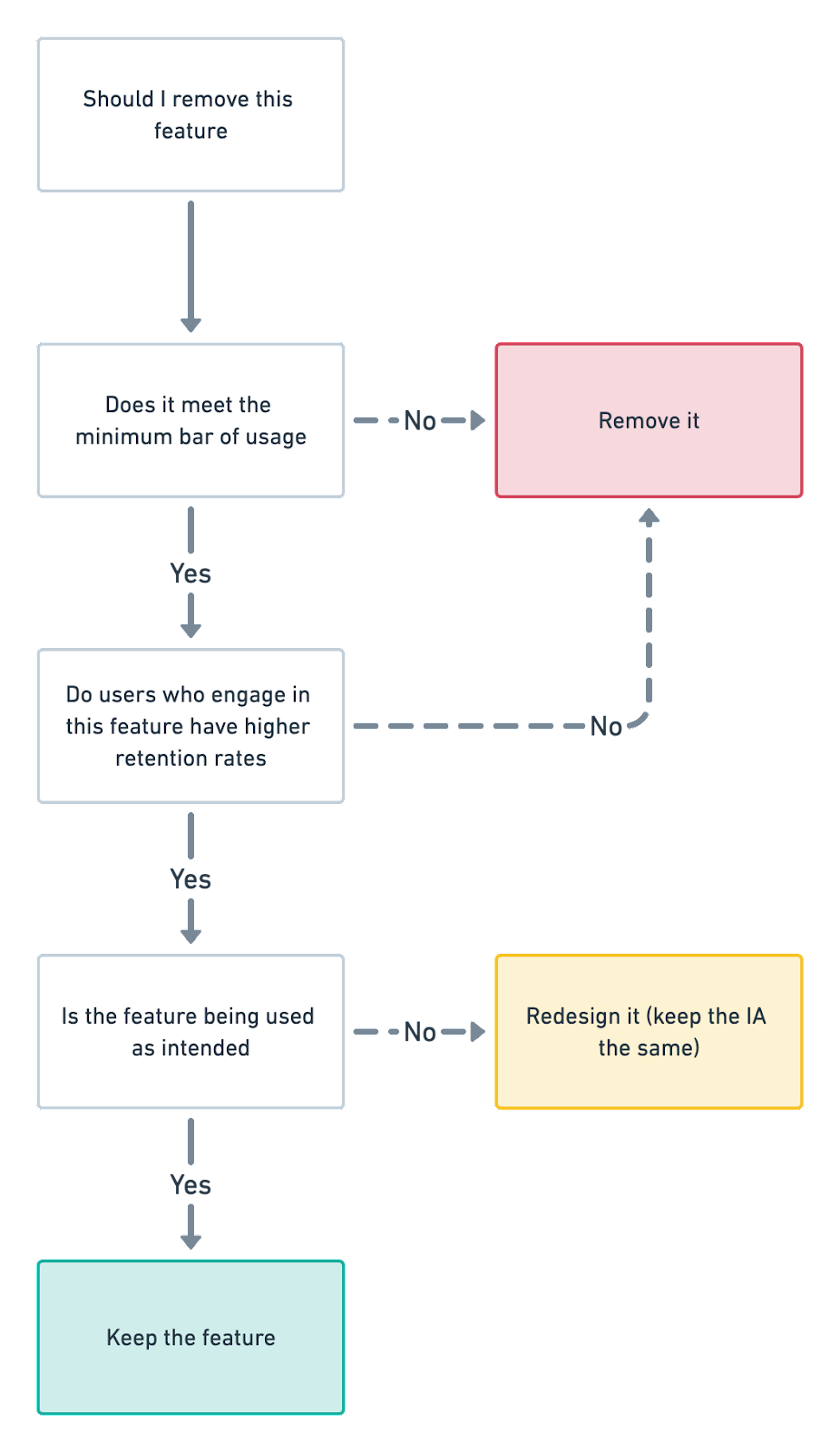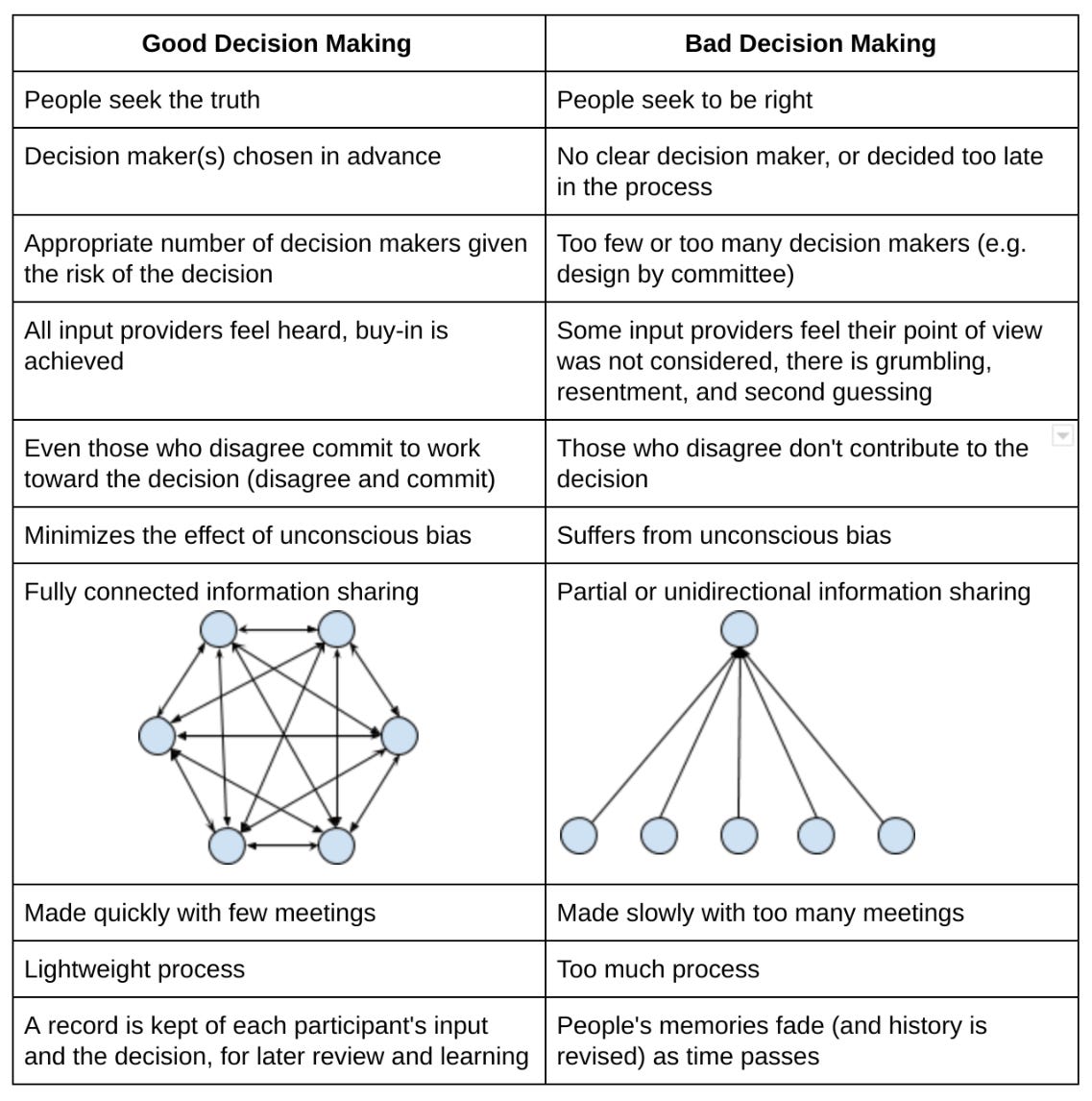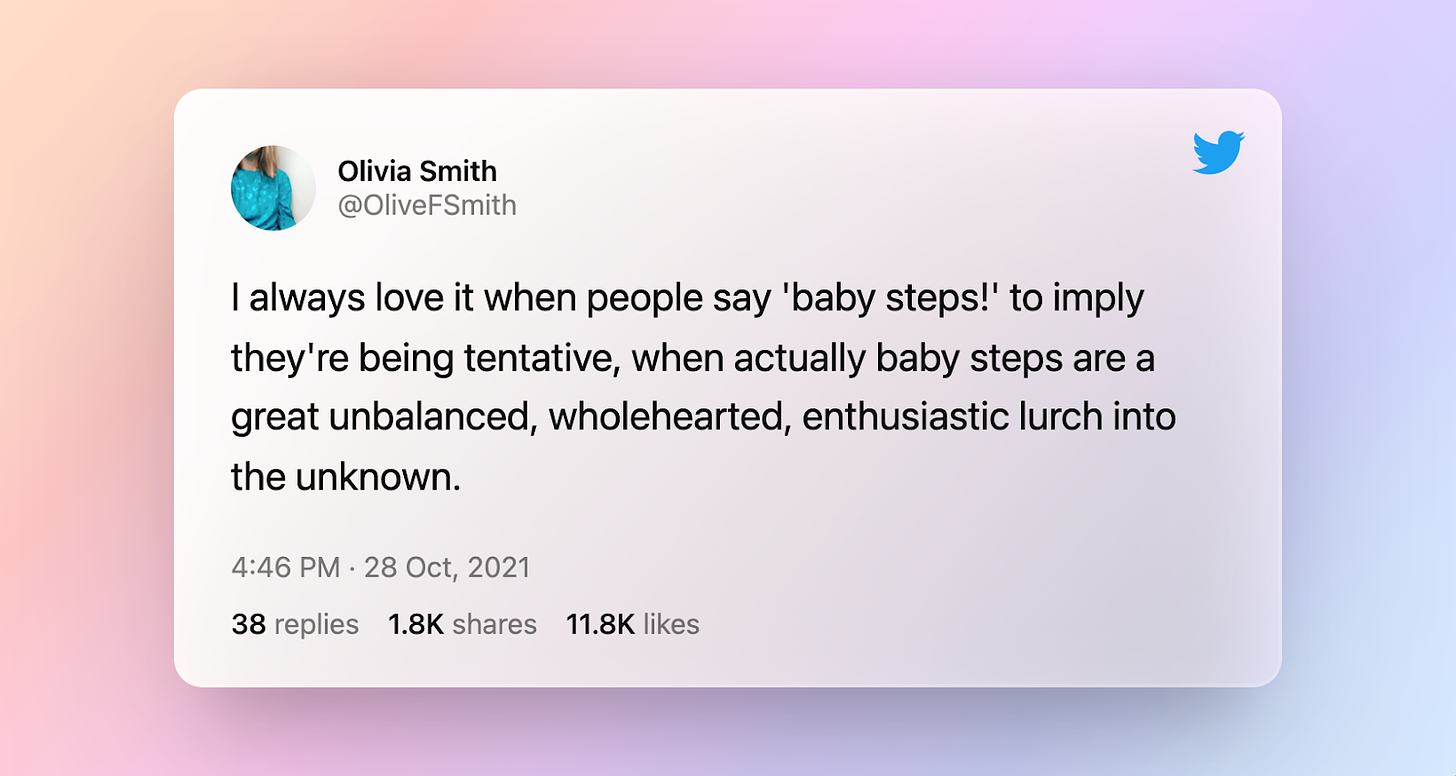#30 When you don’t know what you believe, everything becomes an argument.
Decision making, career planning & taking risks
Chris Dixon's shares the following career advice in his short essay "Climbing the wrong hill"
People early in their career should learn from computer science: meander some in your walk (especially early on), randomly drop yourself into new parts of the terrain, and when you find the highest hill, don’t waste any more time on the current hill no matter how much better the next step up might appear.
If you know hill climbing, the above statement will be easy to relate to. If not, give the essay a quick read - it does a good job explaining the same in a very simple manner.
Bottom line: You need to keep your focus on the goal. Some of the steps in the journey will be difficult, some unforeseen. Yet, the real possibility of reaching the endpoint totally depends on your ability to keep at it. There is no magic formula.
And on that note, let’s get to today’s finds.
1.
When everyone starts to act as a maker, you need a set of checkers & destroyers to ensure sustained impact. Most of us think and rationalize diligently before the addition of every new feature or SOPs. But we fail to have to same discipline when it comes to maintenance and removals. Feature bloat is an unfortunate outcome of this.
Richard Yang talks of why product owners should handle feature bloat head-on. His framework to evaluate features for removal is a simple one to execute. The post does not touch on how to do the actual change management. That's a topic for further research. If you have any recommendations for that, do share them in the comments.
Source: Richard Yang's post
2.
A bad workman blames his tools - we learnt this idiom in our early years of learning academic English. It seems an obvious truth. I doubt if anyone will dare to challenge it. But we don't live by it for most of our life. We keep chasing shiny new toys. Success or not, these tools become our best recourse to hide all our incompetencies.
Khe Hy talks of this Shiny New Toy Syndrom (SNTS) and how to overcome this to create a meaningful impact. Peter Thiel and his iPhone story is a great example to support his argument. If productivity & impact are your game, this article is good fodder for your thinking cells.
3.
Coinbase has shared some good frameworks on thinking, decision making and organizational workflows. Brian Armstrong talks about their decision-making process in great detail in this post.
Simple and effective - this is worth trying out. Don't expect immediate results, though. This one will need a lot of handholding and practice. Invest in this and you will reap benefits for long. Here's a quick takeaway from the post.
Source: Brian Armstrong’s post
4.
Tipu Sultan’s efforts in the field of engineering and military were path-breaking. This story of his rockets and this podcast about his tiger gives a good glimpse of what he had created. This podcast episode has great storytelling, for those who love to hear a good story.
5.
Some random goodness from the internet:
Game: Measure your typing speed in a fun way with typeracer. I could just do 60-70 wpm with 95% accuracy. Looking at the score on the leaderboard, I should not even share these numbers with anyone. I dare you to give it a shot and share your results in the comments. :)
Twitter thread: Crazy story of the only unsolved plane hijacking case in US history.
Short read: Well, this one is the best of the lot from today. I’m hiding it here as a reward for those who have had the patience to reach this end. Hats off to the creativity and courage of Deepti Chopra. This is by far the best resume I’ve seen.
Before we sign off, here's a snapshot of a tweet worth saving.
That's all for this week, folks!
If you enjoyed this post, show your love by commenting and liking it. I write this newsletter to share what I learnt from others. If you learnt something from this today, why not share it with a couple of your friends to continue this chain?






